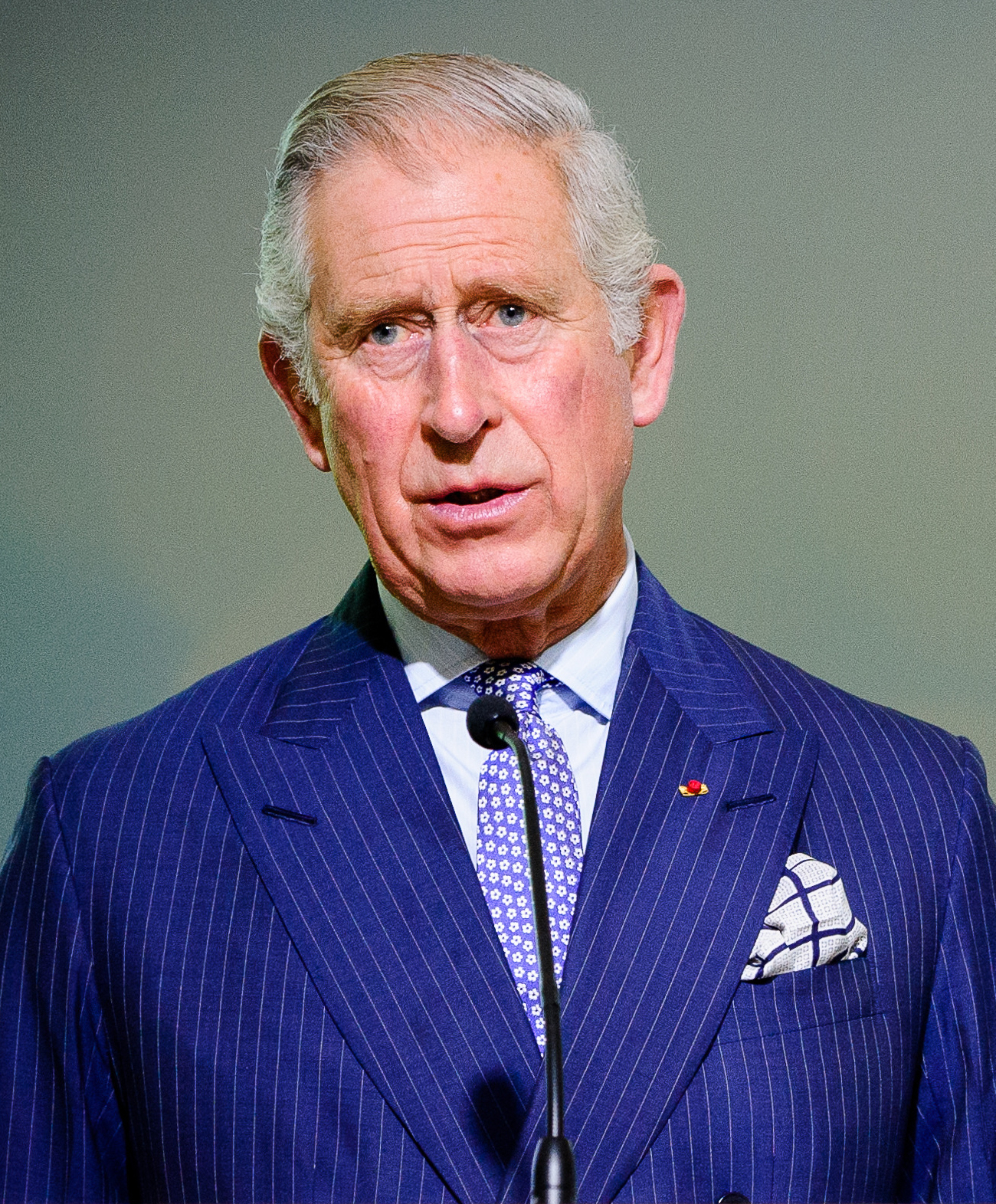The aggregate funding position of the UK’s defined benefit (DB) pension schemes was in surplus for the third consecutive month in June, according to the PwC Pension Funding Index.
Schemes were found to be, on average, in a “clear surplus position”, recording a £20bn increase on the previous month, to £50bn.
This was as a result of an increase in asset values from £1,790bn to £1,810bn over June, whilst liability values remained stable at £1,760bn.
However, PwC pensions actuary, Emma Morton, argued that trustees and sponsors should reflect on the fact that pension schemes are in surplus, warning that it is "not efficient to continue to pay money into a scheme that’s in surplus".
She stated: “While it’s right that schemes are run prudently, only those looking to transfer the scheme to an insurance company should consider deliberately building up a surplus, to cover the insurance premium that they will need to pay.
“Where sponsors are not planning to transfer their scheme to an insurance company, if they continue to pay cash into a well-funded scheme, it’s inevitable that they will end up with a trapped surplus.
“Few scheme sponsors will be familiar with handling a trapped surplus, given pension scheme surpluses have been rare in recent history.
“It is notoriously difficult for sponsors to get a surplus back. Not only can it leave the funds tied up for years, but potential refunds would be subject to additional tax charges, higher than corporation tax rates.”
PwC’s Adjusted Funding Index, which incorporates strategic changes available for most pension funds, including a move away from gilt investments to higher-return, cashflow generative assets, and a different approach for potential life expectancy improvements that are yet to occur, showed a surplus of £230bn in pension schemes.
Latest News
-
Govt urged to prioritise pension policy stability in Spring Statement
-
Just Group underlying operating profit falls by 39%
-
Employers warned modest pension defaults risk worsening adequacy gap
-
Aegon updates modelling tool to help members benchmark retirement needs
-
News in brief - 27 February 2026
-
PPF levy to remain at zero for 2026/27
Private markets – a growing presence within UK DC
Laura Blows discusses the role of private market investment within DC schemes with Aviva Director of Investments, Maiyuresh Rajah
The DB pension landscape
Pensions Age speaks to BlackRock managing director and head of its DB relationship management team, Andrew Reid, about the DB pensions landscape
Podcast: From pension pot to flexible income for life

Podcast: Who matters most in pensions?

In the latest Pensions Age podcast, Francesca Fabrizi speaks to Capita Pension Solutions global practice leader & chief revenue officer, Stuart Heatley, about who matters most in pensions and how to best meet their needs
© 2019 Perspective Publishing Privacy & Cookies










Recent Stories